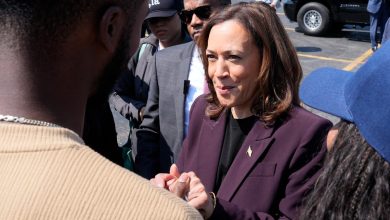Four secretaries of state say they’ve received death threats since 2020 election
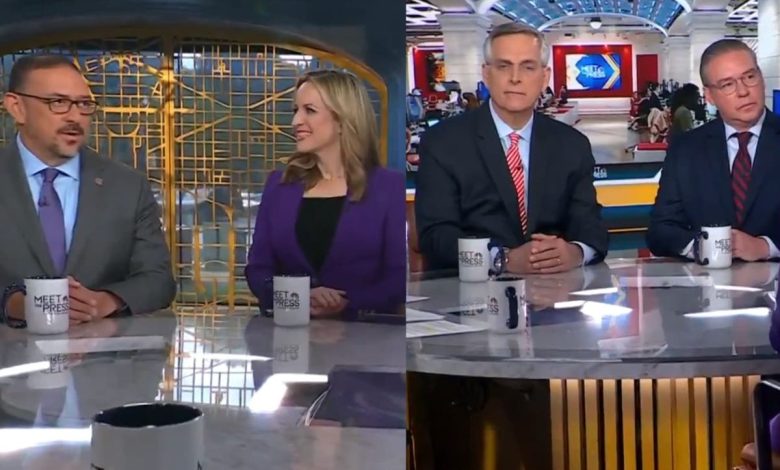
Four secretaries of state said they’ve received death threats for doing their jobs — namely overseeing elections — since Donald Trump left office in 2021.
During an interview on Meet the Press on Sunday, Arizona Secretary of State Adrian Fontes said the death threats amount to “domestic terrorism.”
“Threats against elections officials in the United States of America is domestic terrorism. Terrorism is defined as a threat or violence for a political outcome. That’s what this is,” Mr Fontes said during the program.
He was joined by three other secretaries of state on the Sunday news show, from Michigan, Georgia and Pennsylvania.
Mr Fontes said he and other threatened secretaries of state have been working with law enforcement and the Department of Justice to bring awareness to the threats they receive. He said he has prepared to go into hiding, even going so far as to prepare “go bags” in case he needs to flee his home and coordinating with neighbors and family to watch his children if he has to leave.
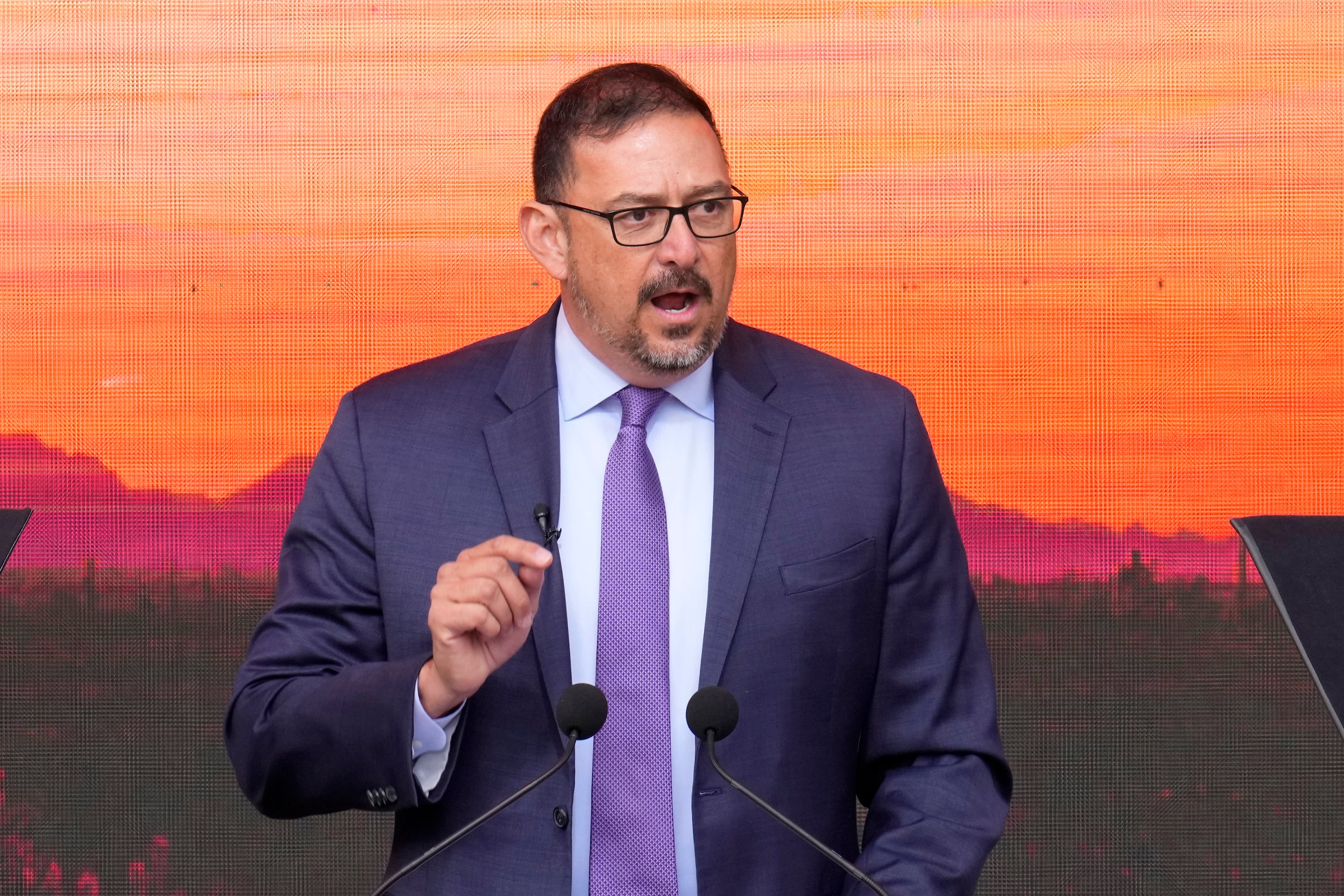
Joyce Benson, Michigan’s Secretary of State, said the threats against election officials are intended to “delegitimize democracy.”
“It’s about instilling fear — instilling fear into us as professionals, in our local election officials, and instilling fear in voters,” she said.
Elections officials across the country began receiving threats in the wake of the 2020 election, thanks in large part to Mr Trump’s insistence that the election had not been secured and that he should have been the victor.
Mr Trump’s false claim that the election was stolen eventually led to the January 6th, 2021 attack on the US Capitol by his supporters.
“It’s really scary when people show up with guns outside your home in the middle of the night and you’ve got a kid inside you’re trying to protect,” Ms Benson said.
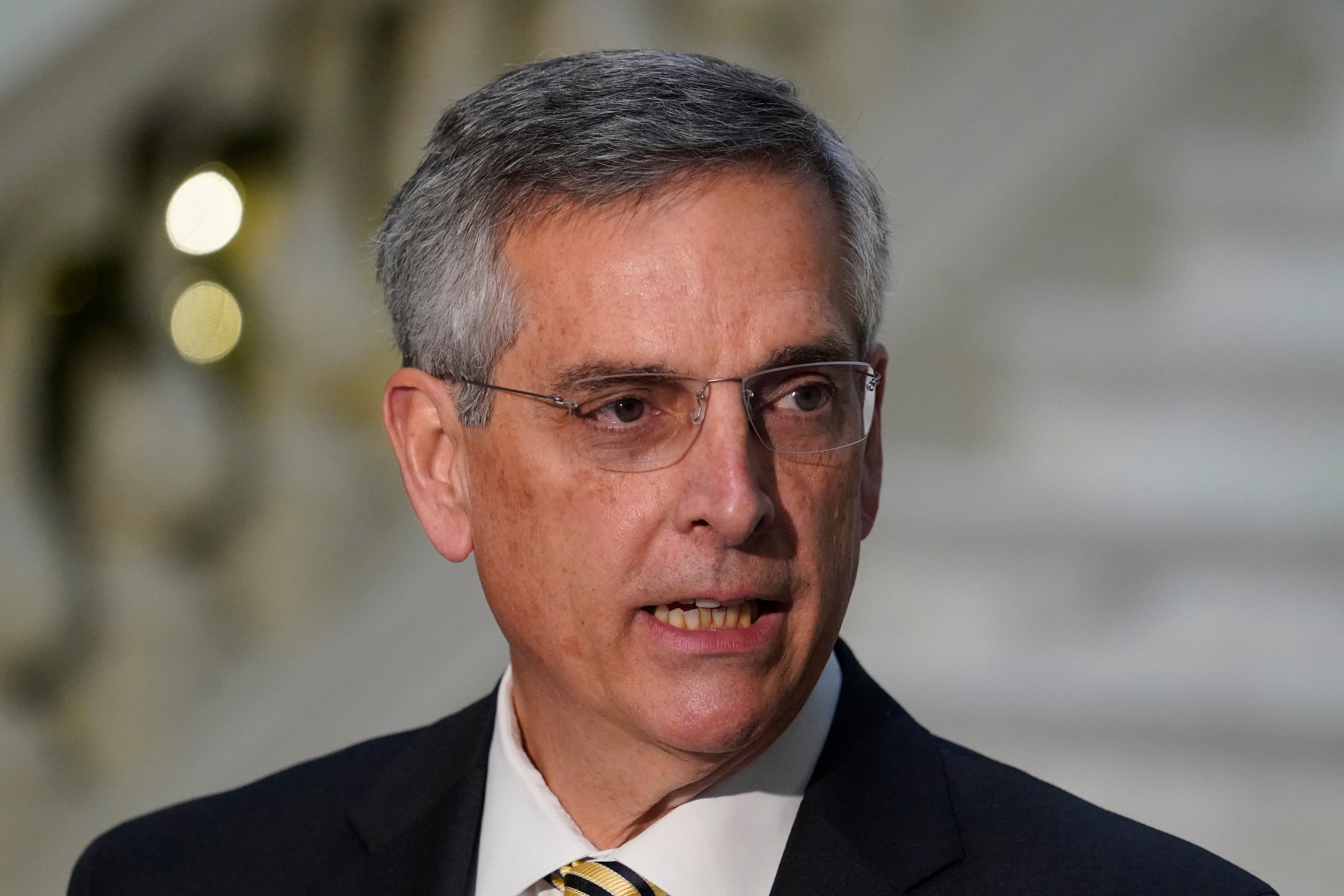
Al Schmidt, the Pennsylvania Secretary of State, told the panel that the threats are not only intended to terrorize top state officials, but local election workers as well.
“The point of these threats is really to terrorize and is to intimidate and to try to keep any of us and our election officials at the county level and at the precinct level from doing or not doing something that is their responsibility, which is such a core foundation of our system of government,” he said.
Brad Raffensperger, Georgia’s secretary of state who famously took a call from Mr Trump in 2020 in which the then-president begged him to “find” enough votes to flip the state in his favor, said he too has received threats, but the ones that “bothered me the most are the ones against my wife and the ones against my daughter-in-law.”
In 2021, Mr Raffensperger’s wife, Tricia, said she received a threat telling her that “you and your family will be killed very slowly” after her husband refused to subvert democracy on behalf of Mr Trump, CNN reported at the time.
“We plan for the death of you and your family every day,” another text she received reportedly said.
She and her family had to hide for nearly a week in November 2021 after someone broke into a family member’s house. On the same night a group of Oathkeepers, a right-wing gang whose leader was charged with seditious conspiracy relating to the Capitol riot, were found outside the Raffenspergers’ home.
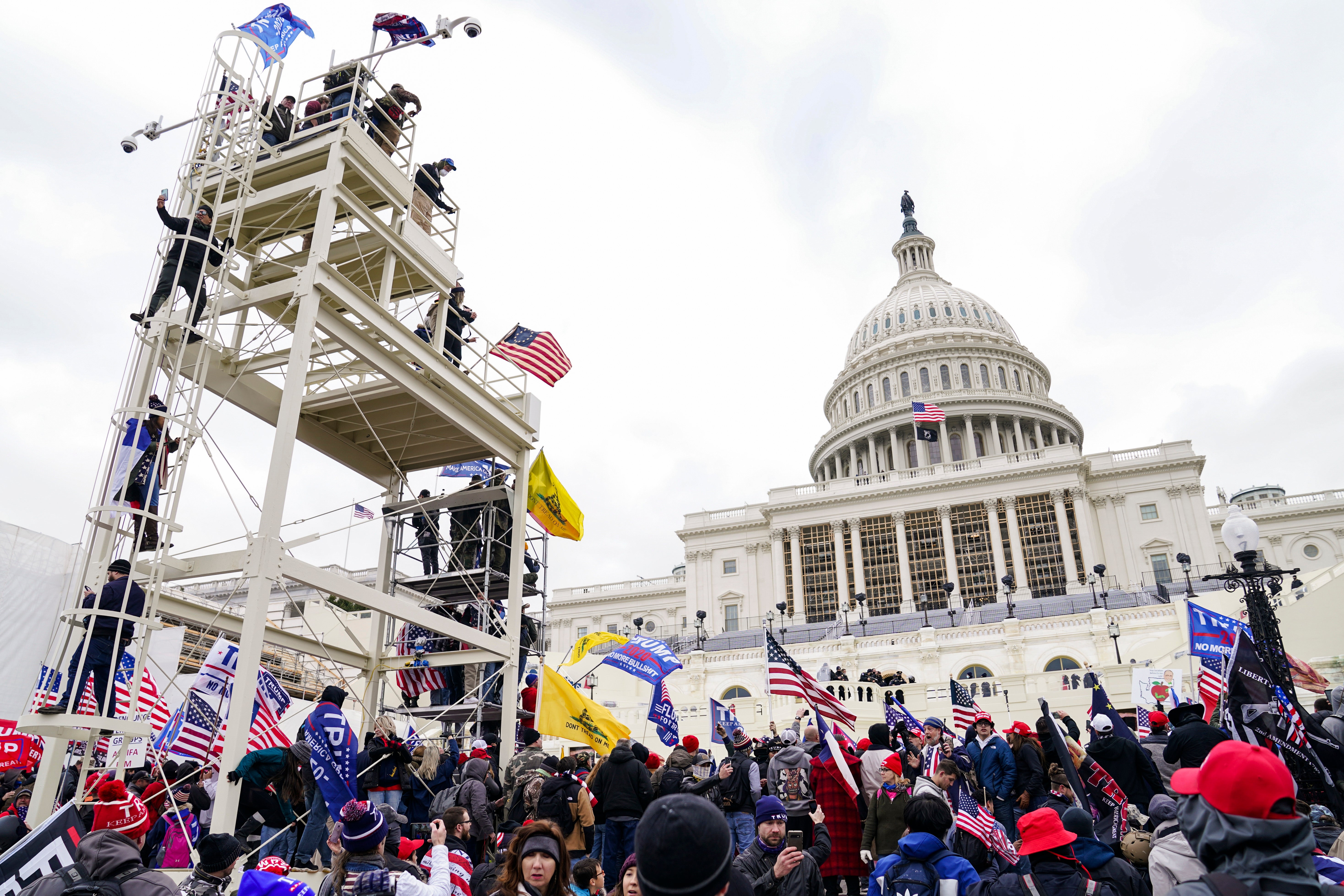
Earlier this year, a man from Ohio was sentenced to two and a half years in prison for threatening the life of an Arizona elections official during the primary and general elections in 2022.
Joshua Russell, 46, sent an Arizona elections official messages calling them “the enemy of the United States” — echoing rhetoric used by Mr Trump — and saying they were a “traitor to this country.”
The threat continued, with Russell telling the victim that their days “are extremely numbered” and that “America’s coming for you, and you will pay with your life,” before calling them a “communist.”
In 2021, Attorney General Merrick Garland launched an Elections Threats Task Force, helmed by the DOJ. The task force has been charged with addressing threats of violence against elections workers and to shield them from threats of violence and intimidation.
Mr Fontes said despite all the bluster from conservatives, elections in the US are secure.
“We continue to provide good, solid elections across the United States of America,” he said. “We all check our voter registration rolls to make sure only valid folks get on the voter rolls. We audit those. There are checks and balances all the way through the system to the end. And we’re going to keep providing good elections for all of our voters across the country.”




